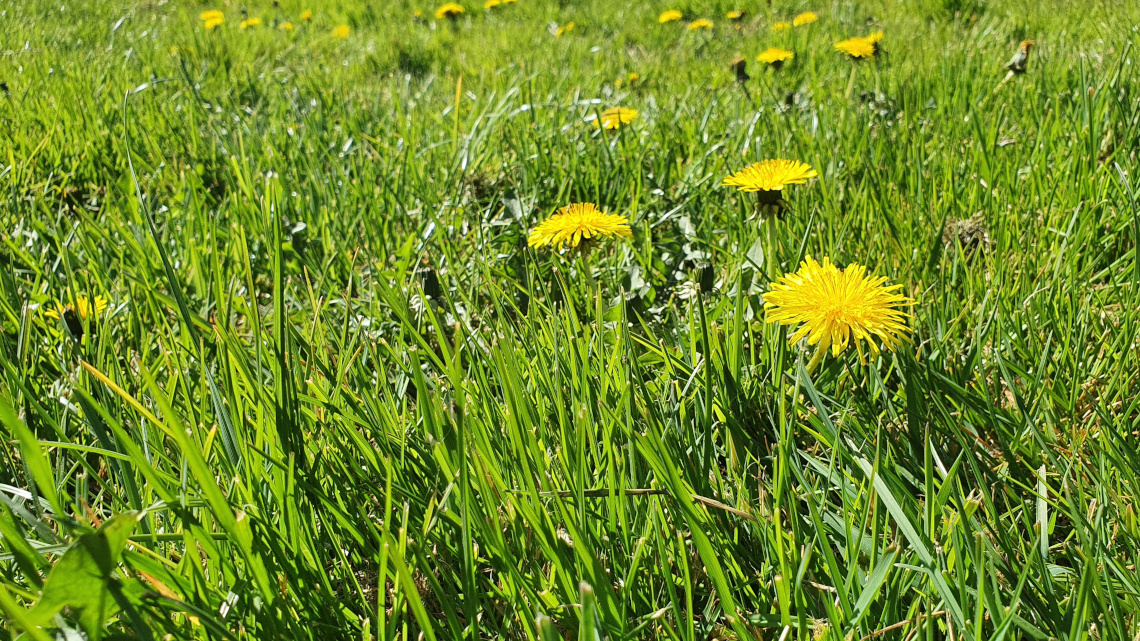Establishing grass as a raw material source
Partners from research and industry hope to use green waste as a source of raw materials for biorefineries in order to produce basic chemicals as well as electrodes.

Whether in urban parks or in the private garden: huge amounts of green waste are produced every year when mowing the lawn. Until now, the freshly mowed grass either ends up in the compost or is disposed of at high cost. Under the title "GreenToGreen", a research consortium now wants to establish grass as a raw material source. The project will be funded by the Federal Ministry of Education and Research over the next three years with 280,000 euros as part of the "BioBall" measure.
Recycle grass clippings
The focus of the project is the use of green waste, which is abundant in the municipalities. In Frankfurt on the Main alone, there are 9,000 tons a year that must be disposed of at great expense. Researchers at the TH Mittelhessen now want to work with the TU Kaiserslautern and the ifn Research and Technology Center GmbH in Elsteraue to develop methods for the efficient recycling of biowaste.
Utilization of grass for fermentation in biorefineries
The aim is to use green waste for fermentation. The project partners are hoping to prove scientifically and technologically whether the residual material is suitable to produce chemicals, materials or bioenergy and can therefore be used as raw material in biorefineries. In this way, municipal material flows could be linked to "green chemistry".
Electrodes from grass clippings
Another priority is the use of green waste to produce electrodes. The focus here is on the possibility of carbonization, i.e. the conversion of organic substances into coal. The researchers plan to test the electrodes produced based on green waste in microbial fuel cells and electrosynthesis, in order to make the extraction of energy and basic chemicals from grass more efficient.
In the project, the THM team will focus on the use of electrodes in biofuel cells at sewage treatment plants and on microbial electrosynthesis to produce terpenes. In Kaiserslautern, the focus is on the production of proteins and amino acids from green waste and the fermentation processes, while the industrial partner ifn is investigating the development of electrodes using carbonization, amongst other things.


